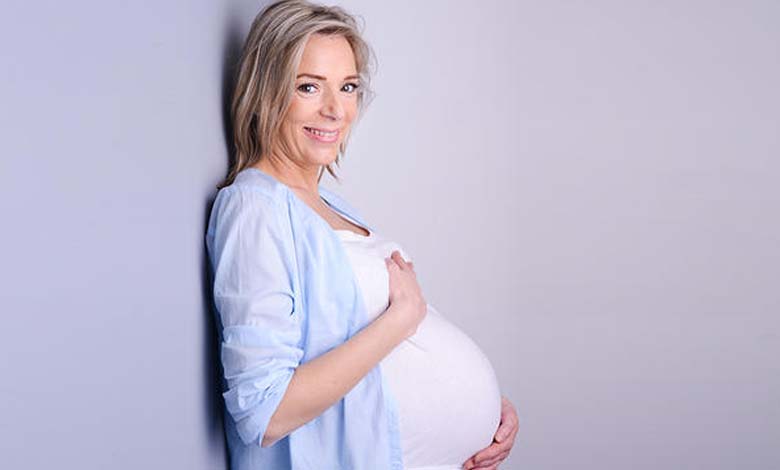Despite the Risks… How to Have a Healthy Pregnancy at Age 40?

While there is no perfect age for pregnancy, having a child after the age of 35 is associated with increased health risks for both the mother and the child.
-
5 Foods to Avoid During Pregnancy to Prevent Heartburn
-
Pregnancy and drugs: What are the precautions? An expert answers
Despite these challenges, the percentage of women who become pregnant in their forties has been steadily rising since 1985, with birth rates among women aged 40 to 44 reaching 12.6 births per 1,000 women in 2021.
According to “Parents” website, the ability to conceive decreases with age, but with good healthcare and regular monitoring, women can maintain a healthy pregnancy even in their forties.
-
5 Dietary Alternatives to Detoxify During Pregnancy
-
A study reveals that teenage pregnancy is associated with an increased risk of early death
The risk of miscarriage, congenital abnormalities, and other complications increases with age. Therefore, genetic testing is recommended for women in this age group to assess the risks of Down syndrome and other genetic conditions.
Pregnancy in the forties is physically more challenging, and the aches and pains associated with midlife may increase. However, these symptoms can be alleviated with appropriate exercise, such as swimming, walking, and yoga.
-
China: Surge in AI Use to Predict Future Child’s Appearance
-
Argentine Mother Gives Birth to Quadruplets and Receives a Pleasant Surprise
On an emotional level, older women may be able to handle hormonal and mood changes more effectively due to their emotional maturity and psychological stability.
Although there are increased risks associated with pregnancy at this age, most babies are born healthy thanks to good care and modern technology.












